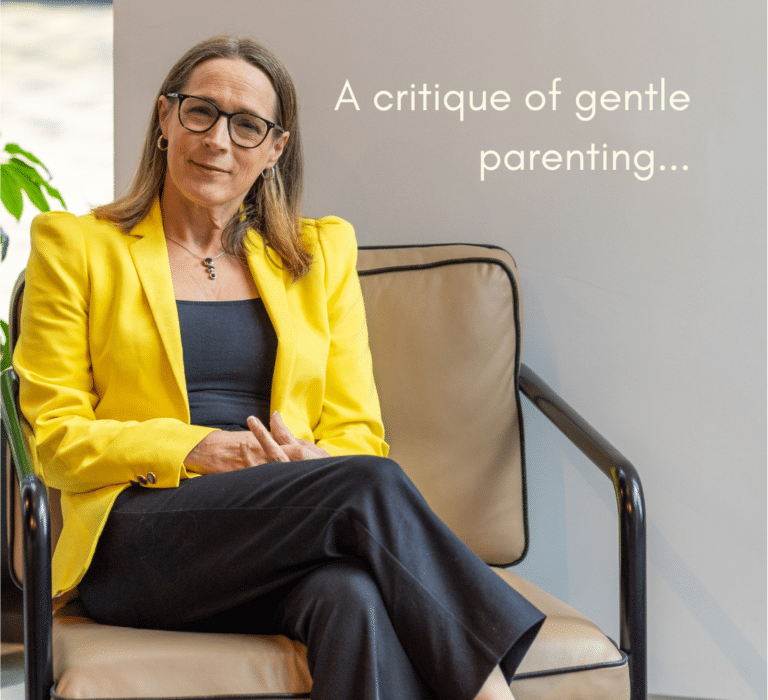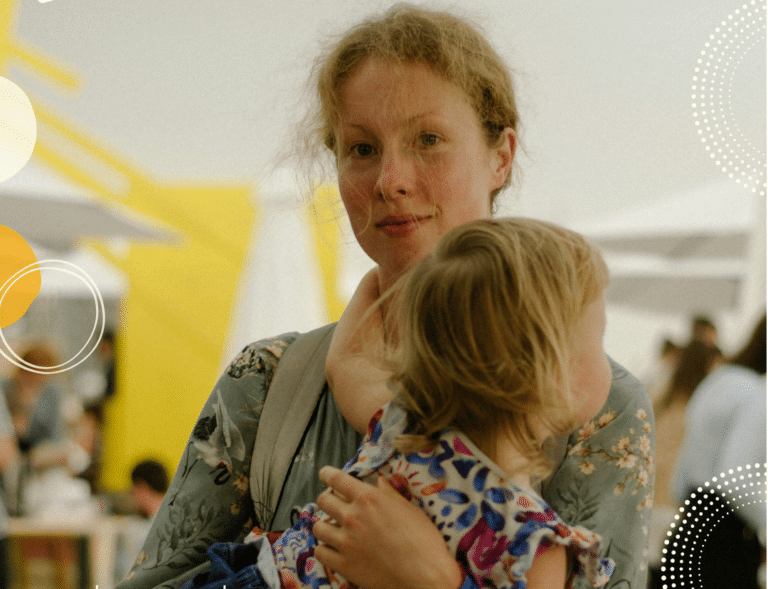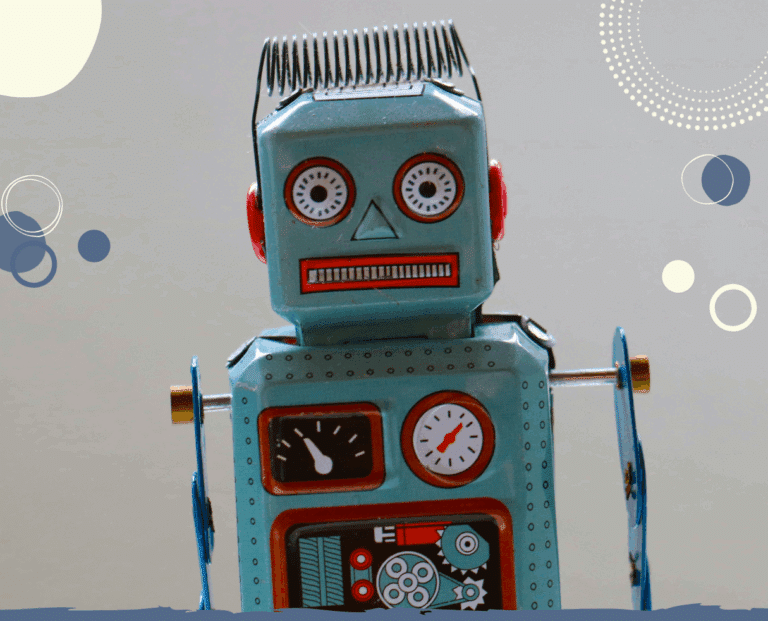Identity shifts: how motherhood changes us
For me, becoming a mother was like being hit by a bus. I knew there was a baby coming and that babies were full-on and hard work but I was not expecting the complete shift in my identity that I actually experienced. I didn’t see it coming.
I was in my thirties by the time I had my first baby and I had lived a wide and adventurous life. The baby was conceived while I was living in Mongolia. I waddled back to the UK at 34 weeks more concerned about how I would fit all the baby kit into my suitcase to take back to Ulanbaatar than about how becoming a mother might change me.
And then the bus hit me. It turns out, motherhood isn’t just a practical undertaking after all.
For the first two months I sleepwalked in a post-traumatic haze: I was a mother who hadn’t yet become a mother and I was utterly conflicted. I couldn’t let go of the pre-birth me (the person I had invested 30 years into becoming) but I couldn’t see how to be that me in the face of the sheer scale of demands that arrived with my new baby.
The first time my husband and I went out alone together after the birth (a rushed birthday meal when baby was 12 weeks old), I remember sitting in the restaurant looking around at all the other diners baffled by how people all around me all my life had been undergoing these seismic identity shifts without me realising. Why did no-one talk about it? This couldn’t be right. On an almost atomic level, I felt like a different person. And I wasn’t ready for that.
I thought maybe it was just me. I must be abnormal. I just didn’t know how to be this new mum person and I felt very alone. Other new mums would talk about practical stuff – breastfeeding, sleeping, exhaustion – but nobody ever said “I have absolutely no idea who I am any more and that scares me witless because who I am is important to me, it’s what keeps me going.” And I was screaming that inside.
Maybe they were all having their own existential crises on the quiet, or maybe not. But somehow, over time, I stopped fighting and jumped on board. Stopped trying to reconcile old with new and embraced being a mother.
Then, I found myself a single parent with a 1-year-old and a 3-year-old. I had given up my career in international development and had no way to pay the bills. Like most mums in this situation, I put myself at the bottom of the pile and focused on getting through the day. The only thing that mattered to me was being a rock to my kids and making sure they got the loving, stable and stimulating childhood they deserved.
I tried hard as a single mum (even though I failed often). I became a “coper” who took it all on my shoulders and prided myself on being able to carry it all (as long as I ignored the toll it took). The children were my world and my bubble and when they weren’t there, it felt like part of me was missing.
Over time, I found space to let in a new partner and we formed a rather messy blended family. It was too late in the day to take on the role of step-mum for his kids (and they definitely didn’t want that) so I bounced around trying to find my place in these new relationships (and not always succeeding).
My new career in children’s services took off. I completed my post-graduate studies and, like many working mums, I took on way too much. I was permanently frazzled by trying to be perfect (and failing). Striving to hold it all together as a working parent was demanding, all-consuming, relentless.
And then the teenage years rocked me to the core. I had to move on from being a child-mum at the exact same time as my kids grappled with their own painful transitions from children to young men.
In all this time, I seldom got the chance to raise my head to check the horizon and think about a future beyond kids. If I did, all I saw was second hand gloom about an ‘empty nest’ and fear of getting old.
And now I have got here, to the place ‘beyond’ children and it isn’t miserable at all! Letting go of my kids as they’ve grown into young adults is hard (and we haven’t yet had a time when a least one of them wasn’t still living at home), but it’s just one more challenge on my journey through the many identity shifts of motherhood.
(By the way, if you are worried about the empty next, believe me there are LOTS of advantages to being able to leave adult kids at home to mind the house and the dog while you go do something fun for a change!)
Why am I telling you all this? Because each one of you is on your own journey through motherhood and your own identity shifts. Maybe you are feeling like the current stage isn’t fitting you very well right now? Or maybe you are thriving in your current incarnation and your challenge will be the next shock ahead.
Motherhood changes us. Not once, but many times. A mother’s identity shifts through many incarnations during a lifetime, nothing stays the same forever.
Personally, I have found that embracing that change rather than fighting it is far more rewarding. Jumping on board, rather than dragging my feet, and going with the flow.
While also allowing a little time and space to grieve the passing of the last me and finding a way to cherish her without needing her back.
Becoming a mother has been the making of me. It has stretched me beyond what I thought I was capable of, in every direction. I have found value and novelty in the everyday world of toddlers that I’d previously only sought in travel. I have experienced boundless joy and excitement in the adventure of watching my children unfold. And I have learned to accept the fear which bubbles under every moment of motherhood.
Becoming a mother, I have discovered that love is huge, scary and uncontainable. And so am I.
And I have learnt to live with that.






